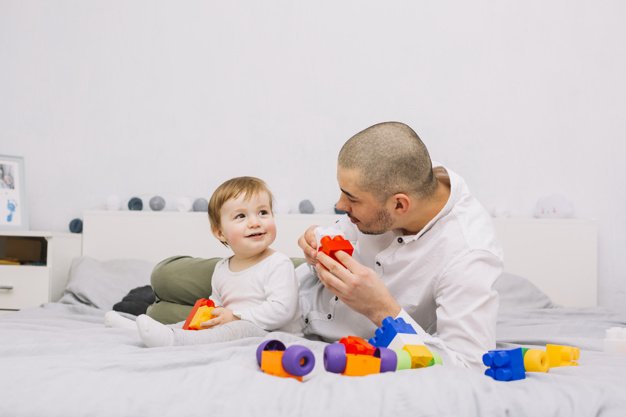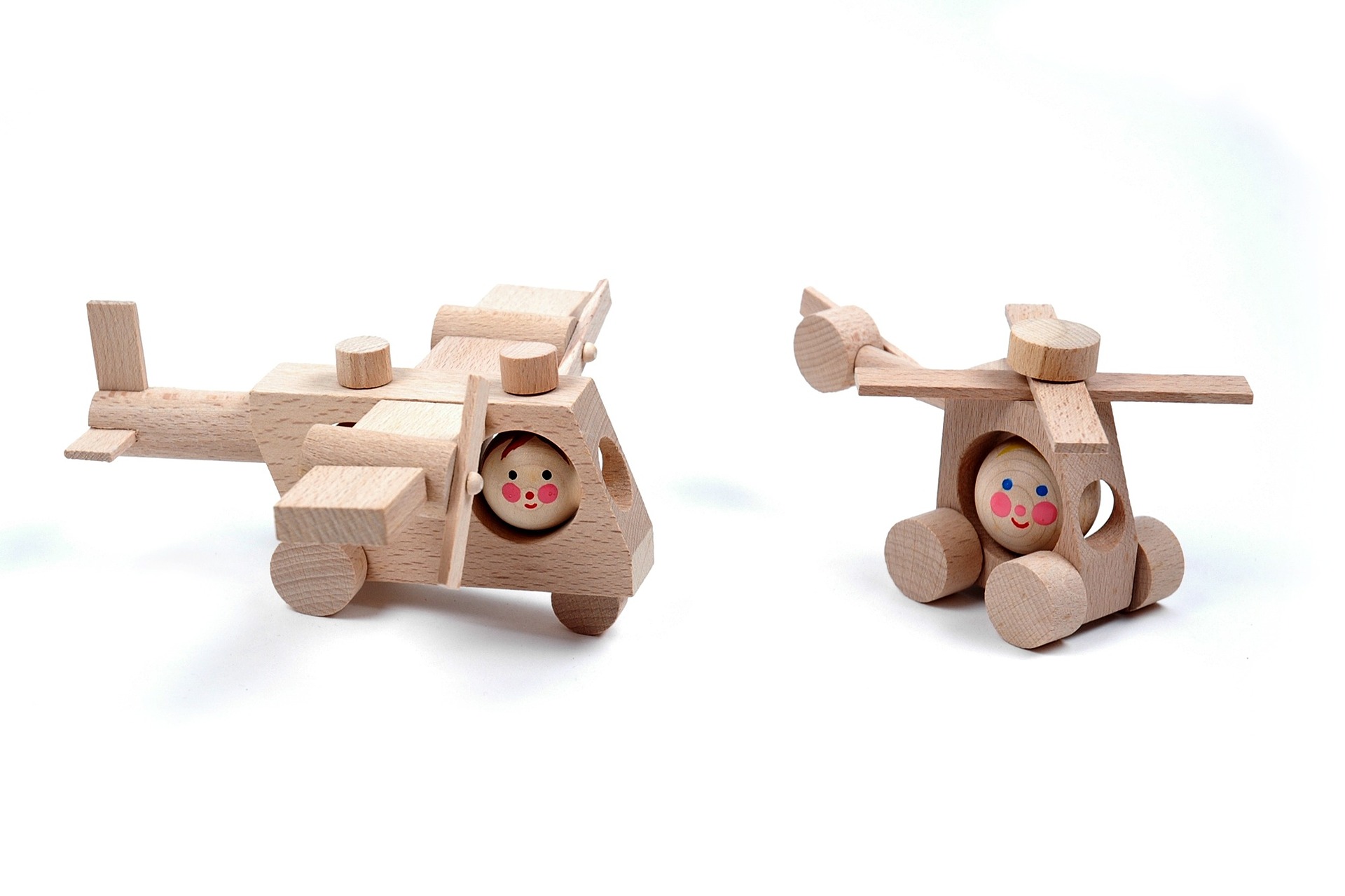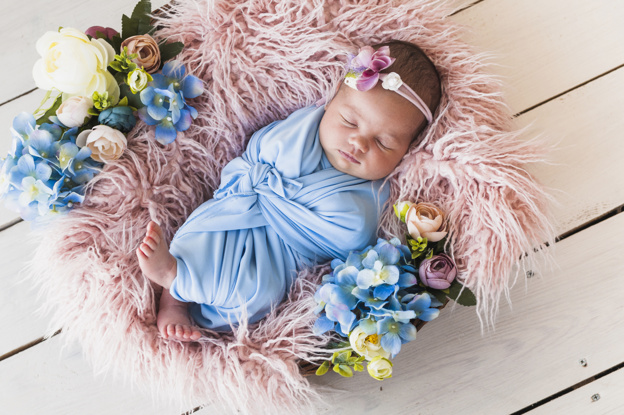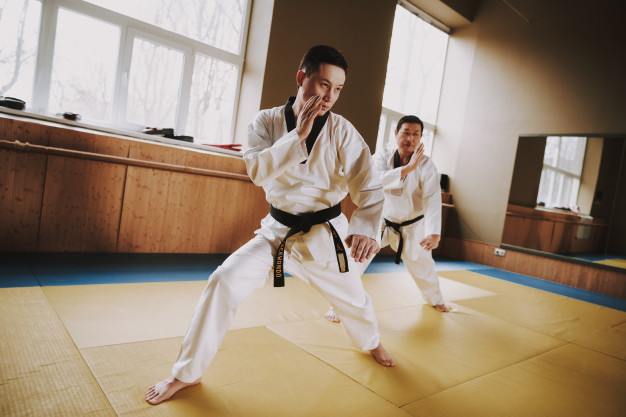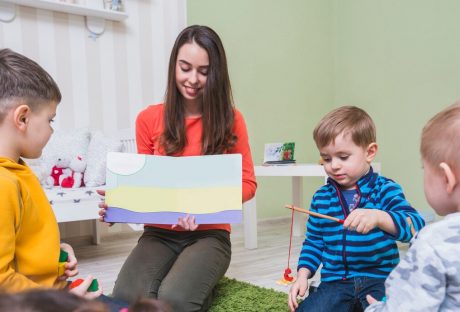It’s hard to figure out what toys your baby will like, especially since they can’t talk to you. Every baby is different, and since babies grow very fast, it’s hard to tell what they’ll like from one day to the next.
Choosing a baby toy doesn’t have to be complicated. But there are some things that you should consider when picking them out while keeping their own safety and fun in mind. For example, some baby toys are safer than others when it comes to the materials they’re made from and the ways that they help with sensory development.
All you have to do is make sure you stick to the right requirements and expectations, and you’ll find the perfect addition to your little one’s playroom. Here are our recommendations.
Avoid Health Risks, Such as Toxins and Plastic Chemicals:
As a parent, your number one priority is keeping your baby safe. Be on the lookout for BPA-free plastics, and avoid anything that may contain harmful plastic chemicals. These toys can cause health issues in your child that you may never realize until it’s too late. Stick to toys that are labeled non-toxic, including the paint and types of plastic.
Be on the Lookout For Safety Hazards:
Most baby toys are designed to be safe for your little one, but you can never be too cautious. Chances are this toy, among almost anything else your baby comes into contact with, is going right in the little one’s mouth. Make sure you inspect your toys before buying them to be certain there are no hazardous parts. Even the most minuscule things could end up with an unwanted doctor’s visit.
Find Something Durable:
Toys can take a beating over their lifetime. They get chewed, slobbered on, lost, washed over and over, wrestled with, and more. Choose high-quality toys that are built to be as durable as possible. This may cost you a little more upfront, but in the long run, these toys will last twice as long. If you don’t have to replace them as often, the extra money is well worth it.
Choose Wooden Toys:
Wood baby toys fit a lot of the boxes on this list. They are great because wood contains natural antibacterial properties, which means that fewer germs will make it to your baby’s mouth and you won’t have to worry about the potential dangers of toxic plastics. Additionally, wood is incredibly durable and you’d be surprised at how much damage one of these toys can take compared to the typical plastic stuff.
Focus on Stimulation and Development:
There are plenty of great toys out there that are beneficial for your baby’s growth and development. During the first year of your baby’s life, they will go through a variety of different growth stages and learning phases, from developing motor control to creativity. Choose a variety of toys in different textures, colors, and shapes. This will help introduce your child to new sensory experiences that can help them adjust to new aspects of the world.
Know Your Child:
Ultimately, you know your child better than anyone. So, when you’re looking for new toys, consider your own little one and where they are in their own development. Not every child develops at the same rate, so your baby isn’t always necessarily at the stage that a toy might indicate. Don’t pay as much attention to the age requirements of the toy as you do to your child’s own needs and unique development. This will help you find toys that are appropriate for whatever stage they’re at in their life.
Read Also:













